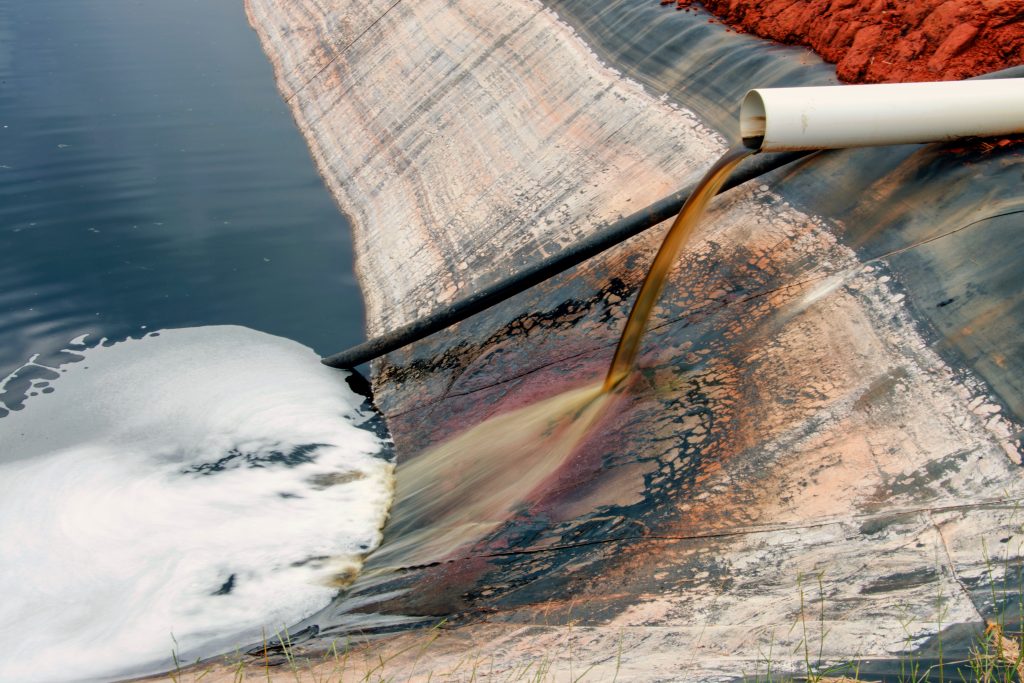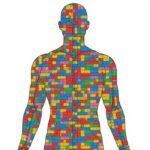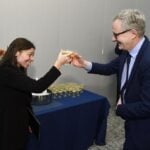Dingchang Lin Receives Funding to Improve Bioremediation Using Protein Absorbents

Dingchang Lin, core researcher at the Institute for NanoBioTechnology and assistant professor of materials science and engineering, received an award from the National Science Foundation to explore new avenues of removing heavy metals like nickel, arsenic, and lead using protein-based biomaterials.
Collaborating with Lin is Yayuan Liu, assistant professor of chemical and biomolecular engineering. Using Lin’s expertise in protein engineering and Liu’s expertise in chemical separation, the team aims to understand and develop protein crystals that bind with the metals, thus absorbing the heavy metals that can also be reclaimed for recycling. The research will also serve as a model for the recovery of rare earth elements, many of which are used in electronics, from landfills and other industrial waste collection systems.
This research has important cost-effective applications in bioremediation and sustainable resource management. Additionally, the team believes the research has applications in other fields that focus on enzyme catalysis, molecular storage, and drug delivery.
Lin and Liu will also use the award to educate the next generation of STEM students. This includes mentoring high school students in underserved communities through interactive modules, developing courses for interdisciplinary minors at Johns Hopkins, and co-advising Hopkins graduate students.
Latest Posts
-
 Year in Review 2025
January 5, 2026
Year in Review 2025
January 5, 2026
-
 Cellular building blocks may enable new understanding of the body’s “machinery”
December 19, 2025
Cellular building blocks may enable new understanding of the body’s “machinery”
December 19, 2025
-
 Biomedical Engineer Jamie Spangler Receives President’s Frontier Award
December 15, 2025
Biomedical Engineer Jamie Spangler Receives President’s Frontier Award
December 15, 2025


